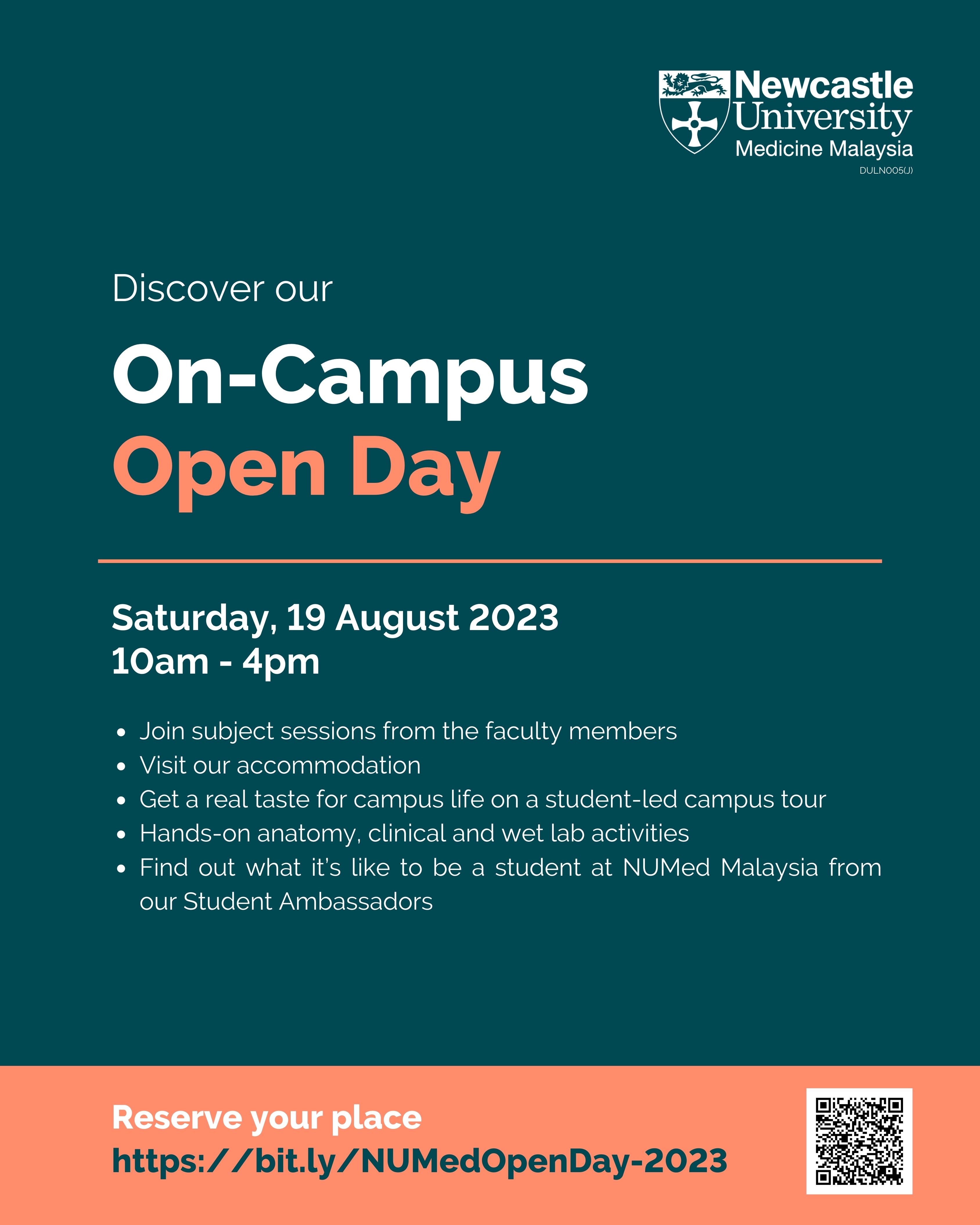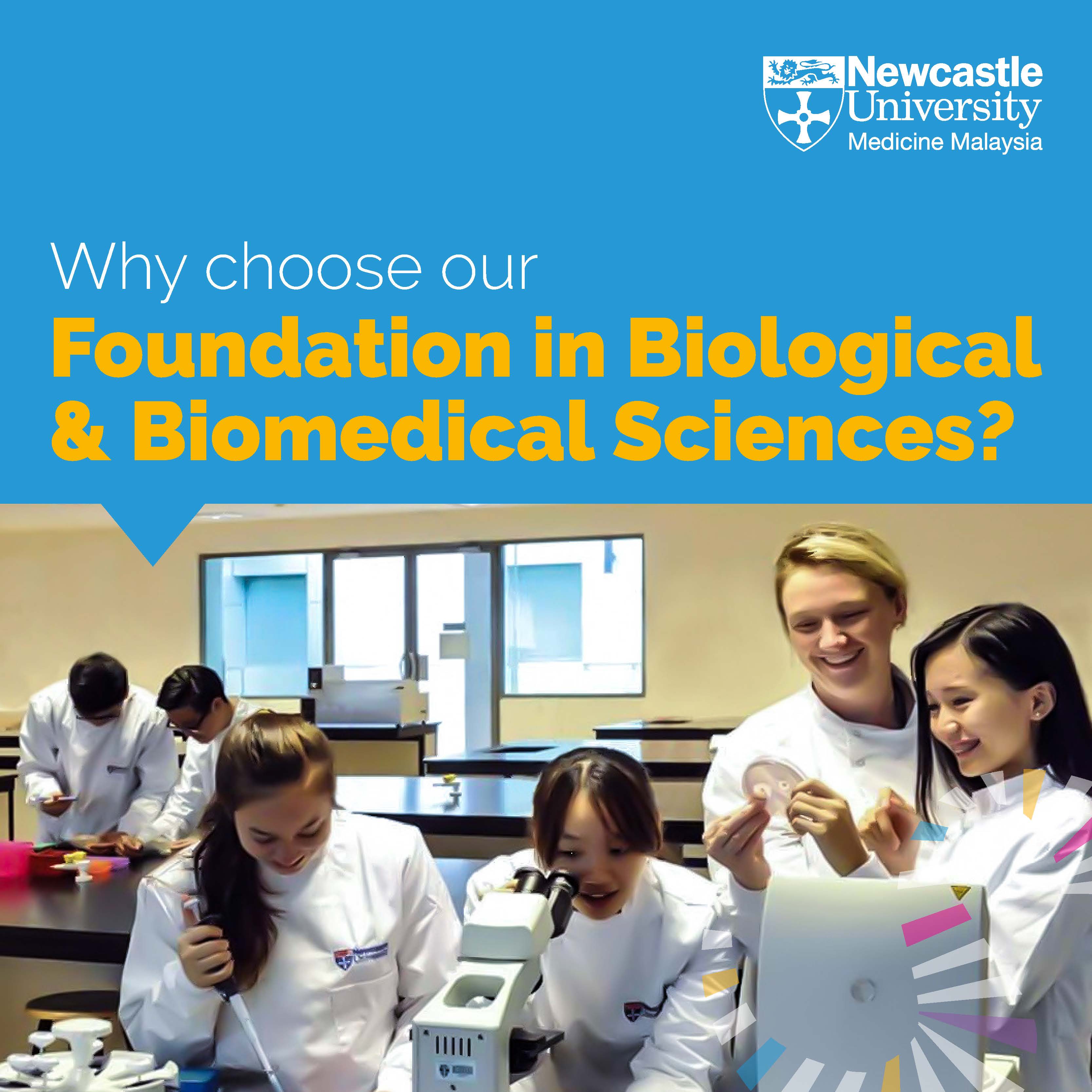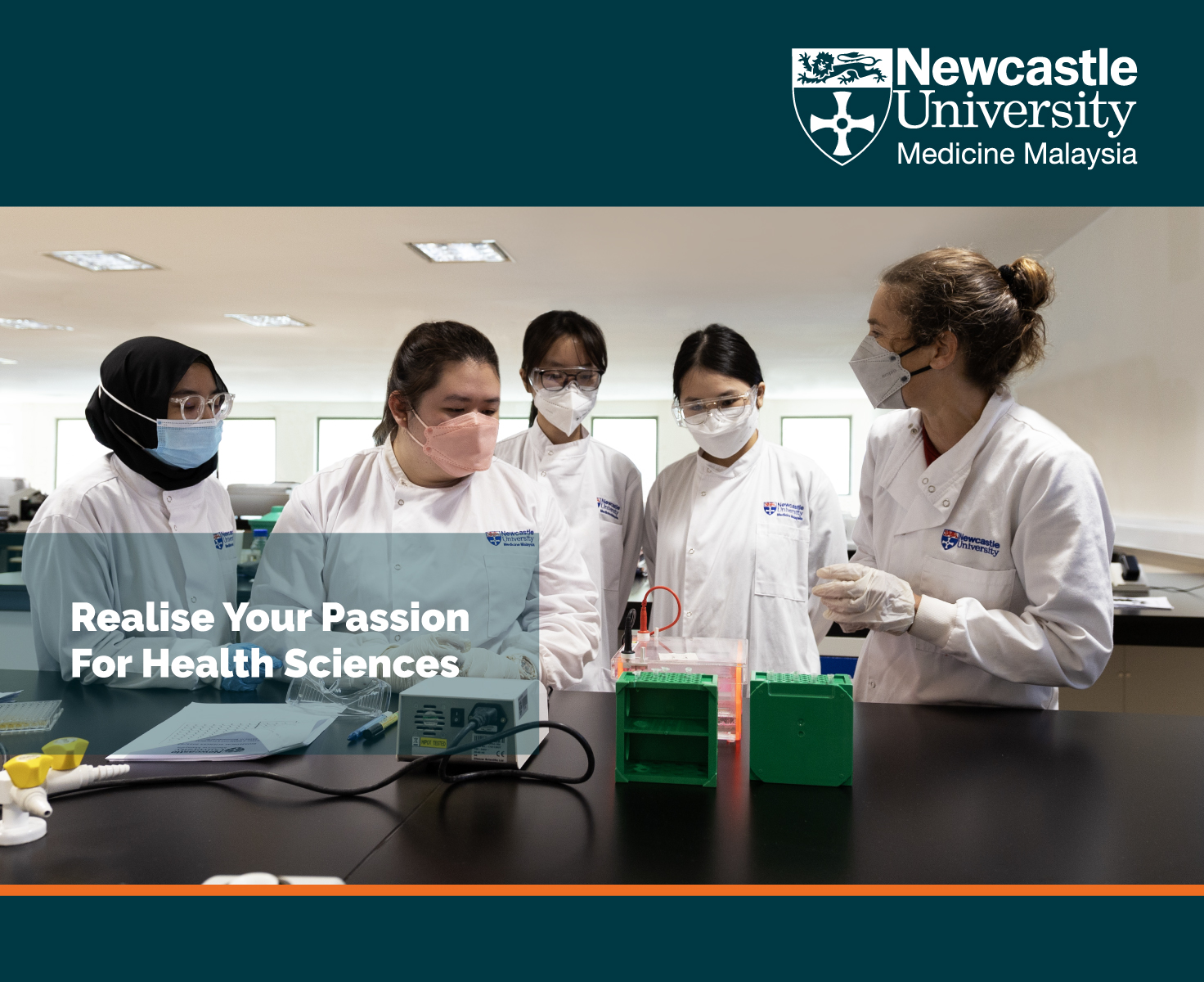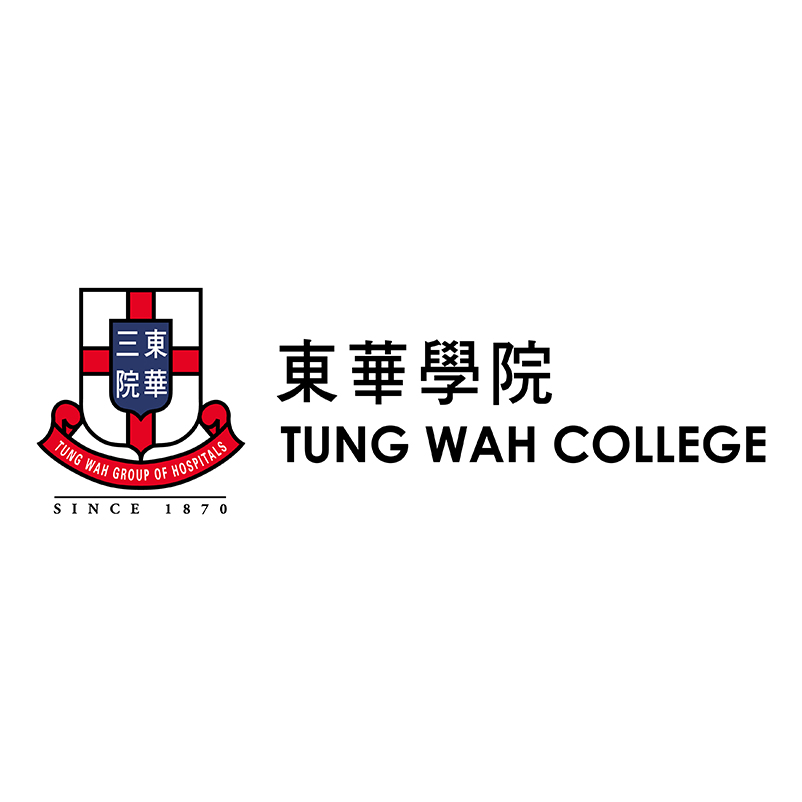The institutions of higher learning in Malaysia can generally be divided into two major categories: public and private. Public institutions are mostly government-funded and consist of universities, community colleges, polytechnics, and teacher training institutes. Public universities accept the Sijil Tinggi Pelajaran Malaysia (STPM), the local matriculation diploma conducted at government matriculation colleges, and selected diplomas from government colleges as entry qualifications only. Some public universities have their own entry requirements so you need to check with individual universities. Private institutions consist of colleges that offer overseas qualifications; university colleges that offer overseas as well as their own qualifications; and universities. Private universities offer their own undergraduate and postgraduate qualifications. These include overseas universities with local campuses, such as The University of Nottingham Malaysia Campus, Monash University and Curtin University Sarawak Malaysia. These institutions accept a variety of pre-university qualifications (including qualifications from independent Chinese schools) and they also offer foundation courses for students who wish to continue with degree programmes after that. You can also consider colleges and universities overseas. Popular destinations include Australia, the UK and the US. If you would like to know how an institution ranks globally in terms of teaching, research, knowledge transfer and international outlook, visit http://www.timeshighereducation.co.uk/world-university-rankings/. Use rankings with caution as they do not provide a complete picture of the university and its student community. Generally, universities that are ranked highly have higher entry requirements and are more difficult to get in. However, they also want to attract the best students and will therefore provide scholarships for well-rounded students with outstanding academic results. If you wish to pursue a professional career (such as doctor, lawyer, pharmacist etc), you need to ensure that the course you pursue is accredited and recognised by relevant professional associations and regulatory bodies. This is so that you can register with the relevant regulatory bodies upon completion of your course in order to practise your profession. Other considerations include facilities offered including accommodation for students from out of town or overseas, location of the campus and its environment, resources and support provided to students, fees, student life and faculty among others. Information on these areas can usually be found on their website so you can begin your research there. Do talk to students who are currently studying at the institution to get an insider view of the institution. You can speak to your seniors at school who have gone to study there. Different institutions provide students with different experiences. Some institutions have a vibrant student community with lots of activities organised by clubs and societies. If you want to be involved in student activities in addition to getting an academic qualification, seek out institutions that will provide you with this opportunity. Others have close links with employers where close collaborations take place at both undergraduate and postgraduate research levels. Reputation of the institution among employers is also important because you want to know if graduates from the institution are able to secure jobs with big employers. Therefore, when considering an institution, do find out where their graduates have gone and what their graduates are doing. The career or placement centre would be a good place to direct your questions. Ultimately, you want to land a good job upon graduation or develop sufficient network and resources to start your own business.
WHICH COLLEGE OR UNIVERSITY?
With so many choices of colleges and universities, how does one choose? Read on to find out how.
Advices

Newcastle University Medicine Malaysia (NUMed) On-Campus Open Day
This is your chance to strategise your medical education roadmap!
Join us this 19th August 2023 on campus as we walk you through Newcastle University Medicine Malaysia (NUMed) and...

Why choose our Foundation in Biological & Biomedical Sciences?

Realise Your Passion For Health Sciences
Health sciences is a multidisciplinary field that includes biology, chemistry, psychology, sociology, epidemiology, and healthcare management. Its importance lies in its role to improve the health and wellbeing of individuals,...

A Diverse Educational Experience to Build a Global Perspective at NUMed
A diverse campus is essential in enhancing students’ experiences beyond academics. In addition to being able to glean different perspectives, learn from people of all walks of life and share...

2023 Scholarships for Pre-University and University Students
Now that you have completed your examinations, it’s time to plan for the next step of your education journey. There are many scholarship opportunities available for students applying to enter...
News from Institutions

Le Cordon Bleu 130th Anniversary Celebration & Jeffrey Cheah Distinguished Speakers Series Featuring Prof. Hervé This
In celebration of Le Cordon Bleu’s 130th Anniversary, Le Cordon Bleu Malaysia, together with Sunway Education Group, hosted a prestigious event under the Jeffrey Cheah Distinguished Speakers Series, featuring Professor...

TARCian Secures Placing to Compete at International Stage
Wei Xuen celebrating his remarkable victory at the EY Young Tax Professional of the Year (EY YTPY) 2025 Malaysia Competition.Once again, the country’s representative who will be competing in the...

Building Academic Knowledge into Competition-winning Robots
(From left) Dr Chiew, Hagrid Cheah Yu Wei (Bachelor of Mechatronics Engineering (Hons)), Y-Herng, Aingkaran, Ong Jun Shiang (Diploma in Product Development Technology), Jayden Mak Sew Liong (Diploma in Mechatronics...

TAR UMT Engineering Students Clinch First Place at Tech 4 Good Challenge
Three TARCians brought home the top prize in the Agriculture track of the Tech 4 Good Challenge (T4G) 2025. The national-level invention competition was held on 26 July 2025 at...

TAR UMT Team Strikes Gold at INDES 2025 with Sustainable Concrete Innovation
Wi Liam (left) and Zhi Qin (right), with their lecturer Ts Gunalaan, proudly holding up the block concrete and the Gold medal.On 26 June 2025, the 14th International Invention, Innovation...












